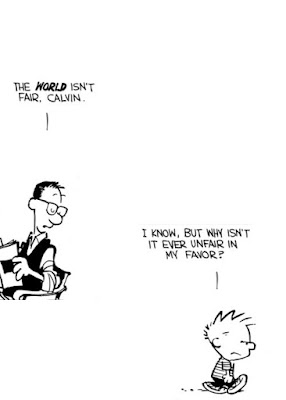I was looking back at a high-profile paper that was published some years ago. The paper ran into trouble and was widely criticized, and the main claim has not been borne out. The paper hasn’t been retracted, but it’s more a cautionary tale than a success.
The paper had twelve co-authors. I did a little digging and looked at the track records of all the co-authors in the years since publication.
The first author, who would broadly be called an “early career” researcher, never published another paper the year after this one dropped. Based purely on the publication record, it looks like the problems in the high-profile paper ended that career. It may have been more complicated than that – there may have been other factors at play that I don’t know about – but it sure looks like cause and effect.
The other eleven co-authors? All of them kept publishing. The mean for the group was 3 papers a year. The most prolific member of the team had 6.8 papers a year (according to Web of Science).
It sure looks like none of the other co-authors suffered any serious professional consequences from being associated with a deeply flawed paper.
What’s the saying? “Success has many parents, but failure is an
orphan”? Here, failure came from a single-parent family. One person
out of twelve bore the brunt of all the criticisms.
It’s a clear-cut example that shows that how we assign authorship doesn’t line up at all
with who we think is “responsible” for a scientific work. If you asked researchers, “How is responsibility split with twelve authors?”, I suspect they will not say, “100% for first author, 0% for authors 2 through 12.” (I also don’t think they will say, “Responsibility is split twelve ways evenly.” But that’s not what happened here.)
Update, 16 June 2020: I asked people, a“If there are 10 authors on a paper, much much responsibility should the FIRST author bear if the paper is flawed or flat-out wrong?” Almost all (25 out of 27, 93%) said, “Somewhere between 11-99%”. Of the other two, one person said, “All” and the other voted, “One tenth.”
Some might argue, “This is what you get tenure for, to be able to take
risks and prevent you from the shocks of having a bad paper.” Okay, but
tenure and seniority should be a cushion that softens the blow of a
mistake. Seniority should not be corbomite that deflects all consequences away from the senior authors and returns then back on the first author, particularly when early career researchers involved. Early career researchers are vulnerable, and power dynamics are not in their favour.
If eleven authors were able jump off the sinking ship, maybe there should have been room for one more in that
lifeboat.
If only one
author is going to bear all the responsibility for getting it wrong,
then only one person’s name should have been on that paper in the first place.



No comments:
Post a Comment